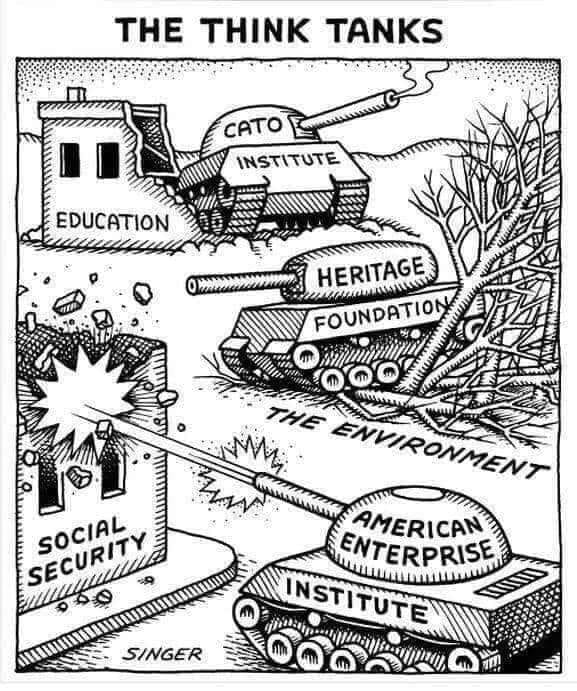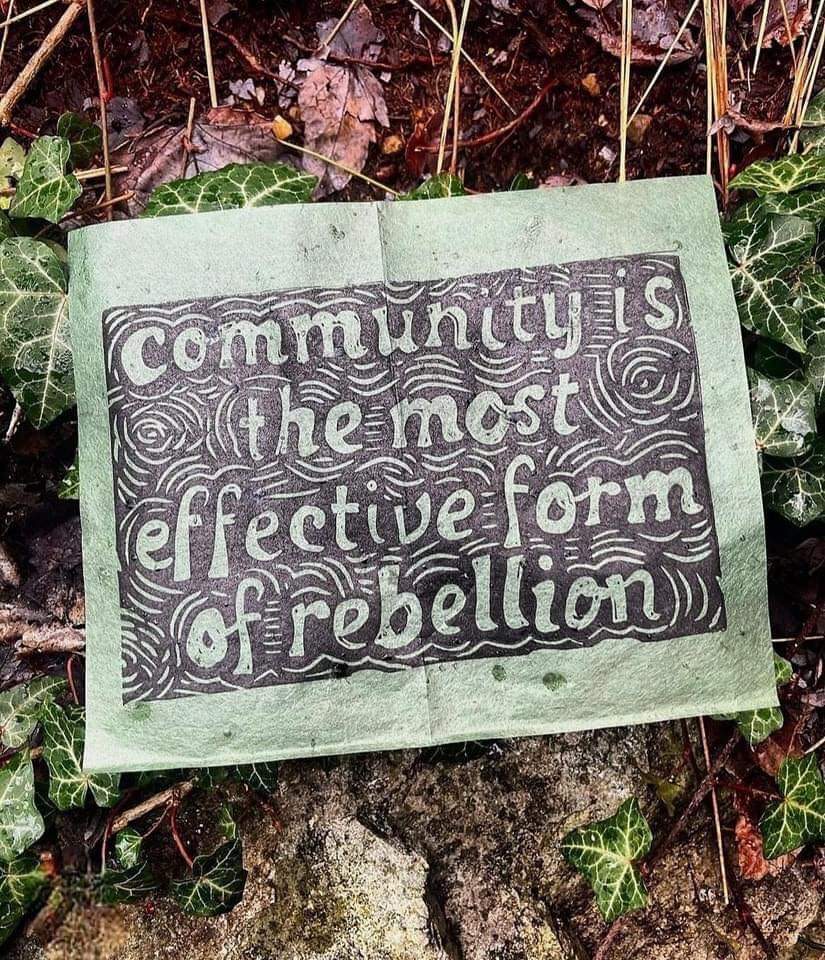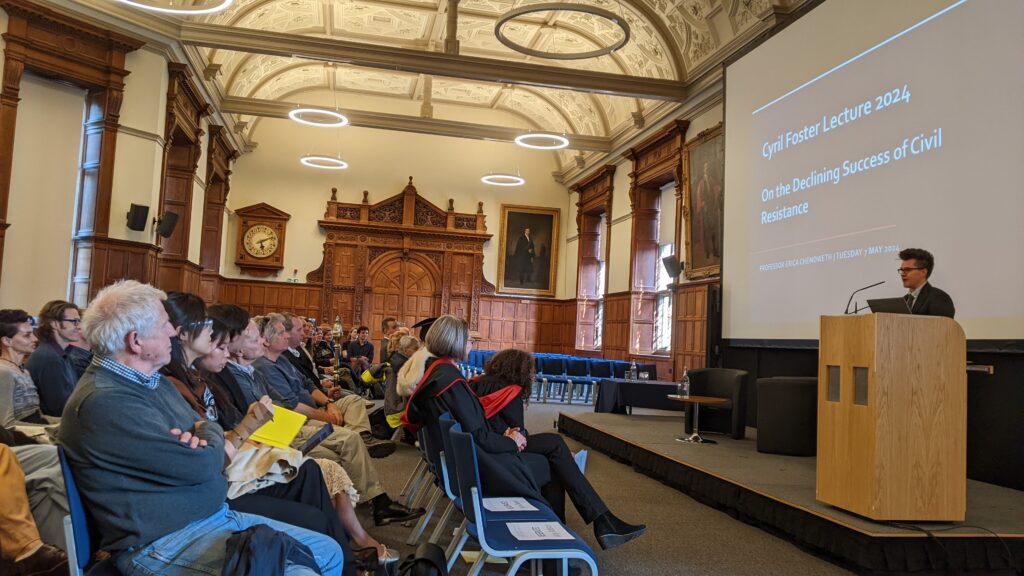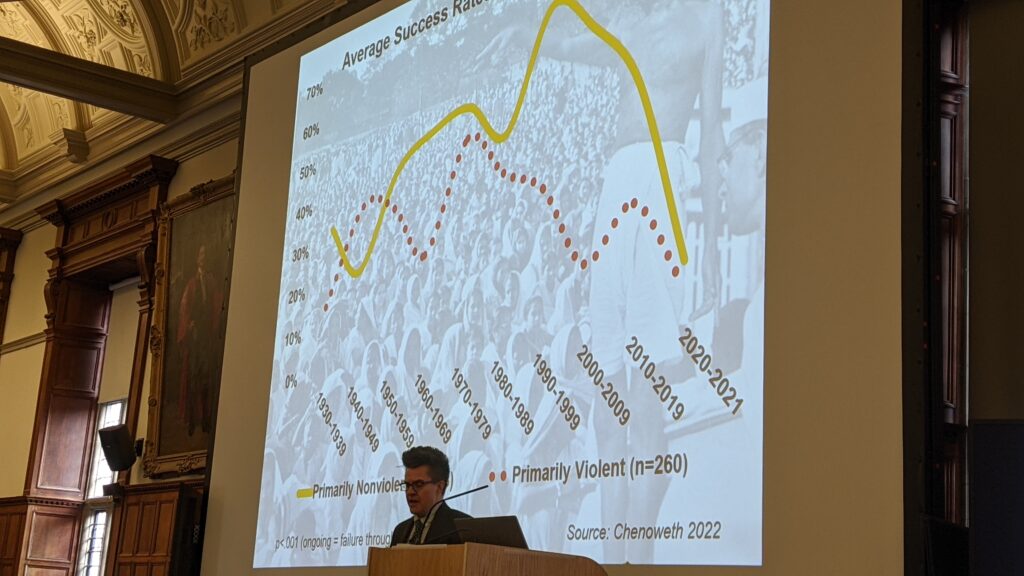
From its very minority creation, the spreading internet and World Wide Web has been shaped by two competing, often overlapping visions:
The collaborative, #openweb: Rooted in #DNA of post apocalyptical internet code and culture, this vision is of a network for collaboration, sharing, and free exchange of information. Built for use in a world of abundance of information, free as in free beer. Emphasizes #4opens, creativity, and collective creation, associated with “native geek culture” and what can be understood as radical/anarchist libertarian thinking.
The commercial, #closedweb: The approach of companies like Microsoft under Bill Gates, and late stage google, focuses on monetization and commercial viability of the internet. Fixated on fear of sustainability, profitability, and the economics of running online platforms in a scarcity based world.
The Internet inherent democratization and egalitarianism allows everyone to create and share content. However, this ideal clashes with the pushing of commercial control, to monetize user data and interactions. This #open path empowers people to distribute their work, share ideas, and bypass traditional gatekeepers. The web transforms education and information access to synthesizing vast resources needed for a different view of society. From the #closedweb prospective, you have fear, simply fear.
The #openweb remains a battleground between these feelings, of openness and the pushing of fear. While it has worked to democratized content creation and access, the existing economic models to sustain this ecosystem are a toxic mess. The ongoing tension shapes society both online and offline, yes it’s a mess.
Why we so often can’t see or do much about this mess is that our #geekproblem have disproportionate control over resources and decisions. This leads to blinded “#feudalism” that bypass democratic processes and accountability. This is equally a “problem” in grassroots #FOSS and corporate #dotcons, as they share the same mindset.
A part of the #openweb is a move to re-evaluate the relationship between “control”, wealth, power, and social change. But currently we have no clear way to talk about this issue from the limited, narrow “problem” in geek culture. So have little way to mediate the #closedweb of the groups who “succeed” in capitalist #mainstreaming, who are actually the worst equipped to solve the problems that the system creates.
UPDATE https://www.theregister.com/2024/10/25/opinion_open_washing/ this is playing out here.







